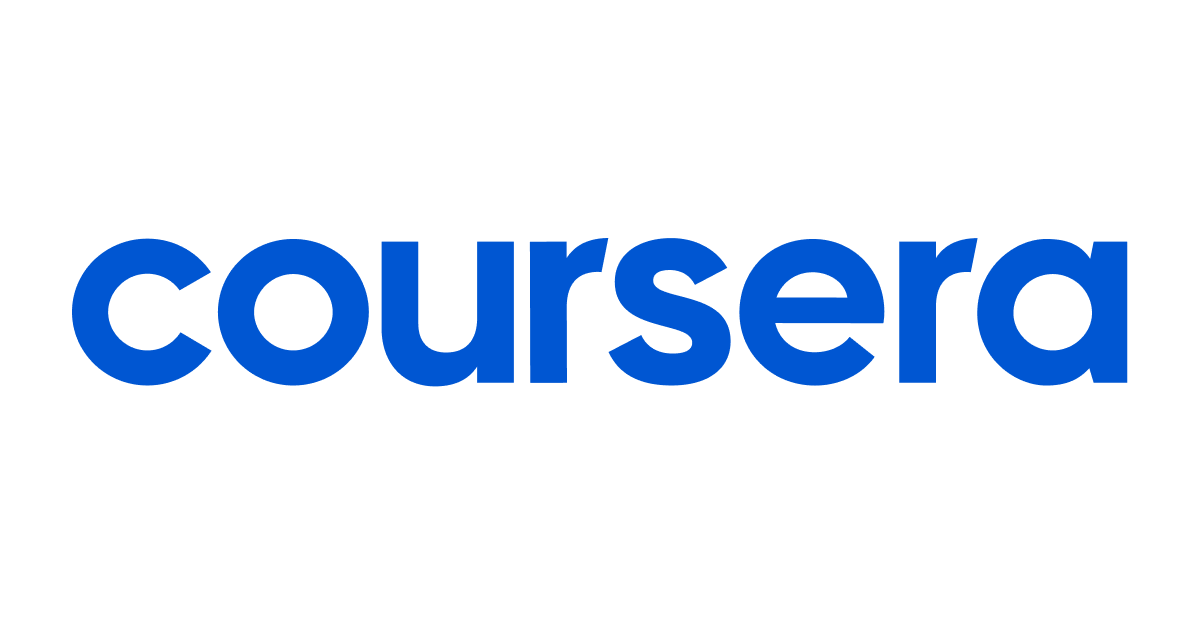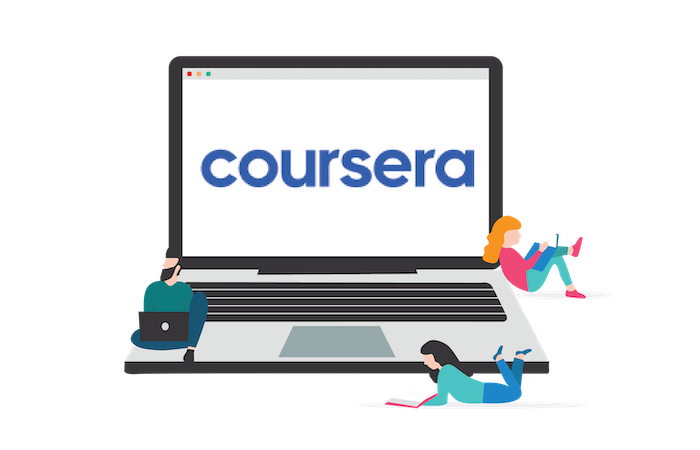Coursera vs. Traditional Education: A Comparative Analysis
In the rapidly evolving landscape of education, the rise of online learning platforms has redefined the way we acquire knowledge. Coursera, one of the pioneers in the field, has emerged as a formidable competitor to traditional education. While both approaches have their merits, this article will explore the advantages of Coursera and why it holds a unique position in today’s educational landscape.

Accessibility and Flexibility
One of the most significant advantages of Coursera is its accessibility. Traditional education often requires individuals to uproot their lives, move to a specific location, and adhere to rigid schedules. This can be a significant barrier for many people, especially those with existing commitments, such as jobs and families.
Coursera, on the other hand, provides a wide array of courses that can be accessed from anywhere in the world. Whether you’re a student in India, a working professional in the United States, or a stay-at-home parent in Brazil, Coursera is available to you. The platform allows learners to set their own pace, making education accessible to a diverse range of people.

Moreover, Coursera offers a vast selection of courses, from computer science and business to art and humanities. This diversity ensures that individuals can find courses that align with their interests and career goals. In contrast, traditional education institutions often have limited course offerings, leaving many students feeling constrained by the available options.
Cost-Effective Learning
Traditional education can be prohibitively expensive. Tuition fees, accommodation, textbooks, and other associated costs can quickly add up, leaving many individuals burdened with student debt. Coursera, however, offers a more cost-effective alternative.

Many of Coursera’s courses are available for free, and even those that require payment are often more affordable than traditional education. Additionally, Coursera offers financial aid options, scholarships, and flexible payment plans, making education accessible to a wider range of learners, regardless of their financial circumstances.
Personalized Learning
Coursera utilizes cutting-edge technology to personalize the learning experience for each student. Through machine learning algorithms, Coursera can recommend courses and learning materials based on a learner’s preferences and progress. This personalized approach ensures that students receive the most relevant content, increasing engagement and retention.

In contrast, traditional education typically employs a one-size-fits-all approach. Professors often have limited time to cater to individual learning styles and needs, leaving some students feeling overlooked or overwhelmed. Coursera’s personalized learning platform addresses this issue by tailoring the educational experience to each learner’s unique requirements.
Skill-Based Learning
In today’s rapidly changing job market, the ability to acquire practical skills quickly is invaluable. Coursera excels in this regard by offering a wide range of skill-based courses that are directly applicable to real-world situations. These courses are often developed in collaboration with leading industry experts and companies, ensuring that learners gain relevant and up-to-date knowledge and skills.

Moreover, Coursera provides learners with the opportunity to earn industry-recognized certifications and credentials. These certifications hold significant weight in the job market, providing individuals with a competitive edge when seeking employment or career advancement. Traditional education often lags behind in offering such specialized, industry-relevant certifications.
Global Networking Opportunities
Coursera’s global reach extends beyond just course content. The platform fosters a global learning community, allowing individuals to connect with peers, instructors, and industry professionals from around the world. This global network opens doors to international collaboration, diverse perspectives, and valuable networking opportunities.
Traditional education institutions, while they may offer some degree of networking, are often limited to a specific geographic region. Coursera breaks down these geographic barriers, enabling learners to engage with a broader and more diverse community, which can be especially advantageous in today’s interconnected world.
Constantly Evolving Curriculum
One of the criticisms often directed at traditional education is its slow adaptation to changing trends and technologies. Coursera, however, is constantly evolving its curriculum to stay up-to-date with industry demands and technological advancements.

For example, when the COVID-19 pandemic disrupted traditional education, Coursera responded quickly by offering free courses to help individuals acquire new skills and adapt to remote work environments. This agility in responding to changing circumstances is a testament to Coursera’s commitment to providing relevant and timely education.
Environmental Impact
Traditional education often involves commuting to physical campuses, which contributes to traffic congestion and carbon emissions. In contrast, Coursera’s online platform significantly reduces the environmental impact of education. Learners can access courses from the comfort of their homes, reducing the need for transportation and its associated environmental costs.
Challenges and Considerations
While Coursera offers numerous advantages, it’s essential to acknowledge that it is not a one-size-fits-all solution, and there are some challenges and considerations associated with online learning platforms like Coursera:
Self-Motivation: Online learning requires a high level of self-discipline and motivation. Without the structure of traditional classrooms and face-to-face interactions with instructors, some learners may struggle to stay on track.
Lack of Physical Interaction: Online learning can be isolating, as it lacks the physical presence of classmates and instructors. Some students thrive in a traditional classroom setting, where they can engage in discussions and ask questions in real-time.
Credential Recognition: While Coursera offers industry-recognized certifications, some employers and institutions may still prioritize traditional degrees. It’s essential for learners to research the specific requirements and recognition of their chosen field before committing to an online education.
Limited Hands-On Experience: Some fields, such as laboratory sciences and certain arts, require hands-on experience that is challenging to replicate in an online setting. In such cases, traditional education may be more suitable.
Digital Access and Literacy: Not everyone has access to reliable internet connections and digital devices required for online learning. This digital divide can be a significant barrier for some individuals.
Overwhelming Choices: The vast array of courses and specializations on Coursera can be overwhelming for some learners. It’s essential to carefully research and select courses that align with your goals.

Hybrid Education: Combining the Best of Both Worlds
Recognizing the strengths of both Coursera and traditional education, many institutions are now adopting a hybrid approach. Hybrid education combines the flexibility and accessibility of online platforms like Coursera with the benefits of in-person learning.
In a hybrid model, students may complete some coursework online while attending in-person classes or labs as needed. This approach allows students to enjoy the benefits of both online and traditional education, catering to a broader range of learning styles and preferences.
Moreover, hybrid education can provide a solution for those who wish to pursue higher education while accommodating work or family commitments. It offers the flexibility of online learning while still providing opportunities for face-to-face interactions with instructors and peers.
The Future of Education
The future of education is likely to be a dynamic blend of online and traditional learning. Technology will continue to play a significant role in shaping education, with platforms like Coursera leading the way in innovation. However, traditional education institutions are also adapting and incorporating online components into their programs to remain competitive.

As the educational landscape evolves, learners will have more choices than ever before. It will be essential for individuals to assess their unique needs, goals, and learning preferences when deciding between Coursera and traditional education. Some may find that a combination of both approaches serves them best, allowing them to reap the benefits of accessibility, flexibility, and personalization while still enjoying the advantages of traditional learning environments.
Conclusion
Coursera’s numerous advantages, including accessibility, cost-effectiveness, personalized learning, skill-based education, global networking opportunities, a constantly evolving curriculum, and a lower environmental impact, make it a compelling choice in the educational landscape. While traditional education still holds value in certain contexts, Coursera’s ability to adapt to the needs of today’s learners and the demands of the job market positions it as a powerful and accessible platform for acquiring knowledge and skills. As the world continues to change and evolve, Coursera is well-equipped to lead the way in the future of education.


